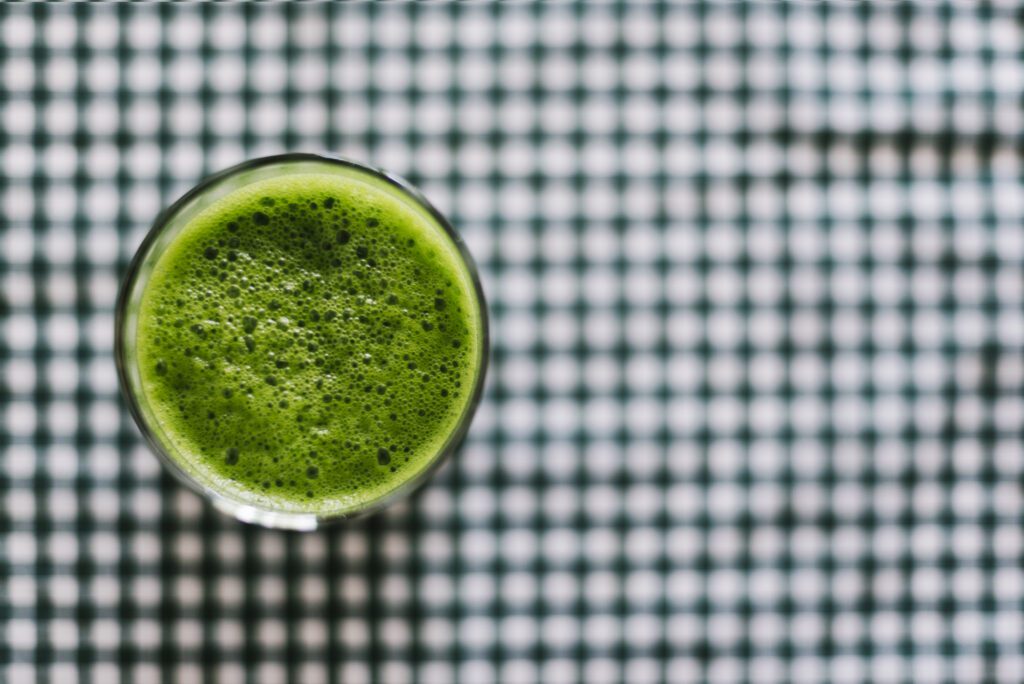Amla, also known as Indian gooseberry, is a fruit that comes from the Indian subcontinent. It has been used in traditional Ayurvedic medicine for centuries due to its various health benefits. The scientific name for amla is Phyllanthus emblica.
Table of Contents
ToggleFeatures Of Amla

-
Nutritional Content:
Amla is rich in vitamin C, as well as other antioxidants, such as polyphenols and flavonoids. It also contains minerals like calcium, phosphorus, iron, and vitamin B complex.
-
Health Benefits:
Immune System Support:
The high vitamin C content in amla is known to boost the immune system.
Antioxidant Properties:
Amla’s antioxidants help combat free radicals in the body, potentially reducing oxidative stress.
Digestive Health:
Amla is believed to aid digestion and relieve constipation.
Hair and Skin Health:
Some people use amla oil or amla-based products for hair care, as it is thought to promote hair growth and maintain skin health.
-
Forms of Consumption:
Fresh:
Amla can be eaten fresh, but it is known for its sour taste.
Powder:
Amla powder is a common form and is used in various recipes, including chutneys and herbal supplements.
Juice:
Amla juice is also a popular way to consume this fruit.
-
Culinary Uses:
Amla is used in various culinary applications, such as pickles, jams, and preserves. It is also a common ingredient in traditional Indian dishes.
-
Ayurvedic Medicine:
In Ayurveda, amla is considered a rejuvenating fruit and is used in various formulations to promote health and well-being.

Health Benefits Of Amla
Amla, or Indian gooseberry, is associated with a variety of health benefits, largely due to its rich nutritional profile and antioxidant properties.
-
Rich in Vitamin C:
Amla is exceptionally high in vitamin C, which is known to boost the immune system. Adequate vitamin C intake is essential for maintaining a healthy immune response and protecting the body against infections.
-
Antioxidant Properties:
Amla is a potent source of antioxidants, including polyphenols and flavonoids. Antioxidants help neutralize free radicals in the body, which can contribute to aging and various diseases.
-
Heart Health:
Some studies suggest that the antioxidants in amla may help lower levels of bad cholesterol (LDL) and triglycerides, reducing the risk of cardiovascular diseases.
-
Diabetes Management:
Amla may have a role in managing diabetes by helping to regulate blood sugar levels. It may also improve insulin sensitivity.
-
Digestive Health:
Amla is known to have digestive properties and may help alleviate constipation. It can act as a mild laxative and promote regular bowel movements.
-
Hair Health:
Amla is often used in hair care products and remedies. It is believed to strengthen hair, reduce hair loss, and promote hair growth. Amla oil is a common application for enhancing hair health.
-
Skin Health:
The antioxidants in amla may contribute to healthy skin by protecting it from oxidative stress. Some people use amla-based products to improve skin tone and reduce signs of aging.
-
Anti-Inflammatory Effects:
Amla may have anti-inflammatory properties, which can be beneficial in managing inflammatory conditions in the body.
-
Liver Health:
Amla may support liver function and help detoxify the body. It has been studied for its potential hepatoprotective effects.
-
Cancer Prevention:
Some research suggests that the antioxidants in amla may have anti-cancer properties. They may help protect cells from damage that could lead to the development of cancer.

Side Effects Of Amla
While amla (Indian gooseberry) is generally considered safe for most people when consumed in moderation as part of a balanced diet, some individuals may experience side effects or allergic reactions.
-
Gastrointestinal Issues:
Consuming amla in large quantities may lead to gastrointestinal issues such as diarrhea or stomach upset. This is more likely to occur if a person is not accustomed to amla or if it is consumed in excessive amounts.
-
Allergic Reactions:
Some individuals may be allergic to amla. Allergic reactions can manifest as itching, swelling, rash, or difficulty breathing. If you experience any allergic symptoms after consuming amla, it’s crucial to seek medical attention promptly.
-
Interactions with Medications:
Amla may interact with certain medications. For example, it can enhance the effects of anticoagulant medications (blood thinners) and interfere with the absorption of certain drugs. If you are taking medications, especially on a regular basis, it’s advisable to consult with a healthcare professional before incorporating amla supplements into your routine.
-
Blood Sugar Levels:
While amla is often promoted for its potential benefits in managing diabetes, individuals with diabetes should monitor their blood sugar levels carefully when consuming amla, especially if they are taking medications to control blood sugar. Amla’s blood sugar-lowering effects may interact with diabetes medications.
-
Kidney Stones:
Amla is rich in oxalates, which can contribute to the formation of kidney stones in susceptible individuals. People with a history of kidney stones should exercise caution and consult with a healthcare professional before consuming amla.
-
Acid Reflux:
The acidity of amla may exacerbate symptoms of acid reflux or heartburn in some individuals. If you have a history of acid reflux, it’s advisable to consume amla in moderation.
Conclusion
Amla also known as Indian Gooseberry, remains as a momentous superfood well established in Ayurvedic custom and esteemed for its uncommon medical advantages. Loaded with supplements like L-ascorbic acid, cell reinforcements, and minerals, amla offers a different scope of benefits for in overall wellbeing. Its invulnerable helping properties, combined with cancer prevention agent power, support cell wellbeing and may decrease the gamble of constant illnesses.
Amla’s part in stomach related wellbeing, skin revival, hair strength, and heart wellbeing further cements its status as an all encompassing wellbeing enhancer. Besides, its adaptogenic and mitigating properties add to pressure flexibility, joint solace, and mental capability. Integrating amla into a decent eating routine or enhance routine can be an important stage towards streamlining wellbeing and imperativeness.
Frequently Asked questions About Amla

-
What happens if I eat amla everyday?
Eating amla daily can boost immunity, improve digestion ,promote skin , hair health and give cell reinforcement benefits.
-
What are the disadvantages of taking amla?
Exorbitant utilization might prompt stomach related uneasiness or corrosiveness in certain people. Moderation is Key.
-
Does amla really work?
Amla has been concentrated widely and is known for its demonstrated medical advantages, making it a reliable addition to a healthy diet.
-
Does amla affect the brain?
Amla’s cancer prevention agents and mitigating properties might uphold cerebrum wellbeing and mental capability.
-
How and when can we consume amla?
Amla can be consumed raw, juiced, or in powdered form, ideally on an empty stomach in the morning or as part of meals.
-
Can I eat amla in daily life?
Indeed, consolidating amla into day to day existence can offer a scope of medical advantages, however consuming it in moderation is fundamental.
-
What are the disadvantages of eating amla?
Overconsumption may cause acidity or gastrointestinal issues in sensitive individuals.
-
How did Amla benefit your skin?
Amla benefits the skin by giving cell reinforcements, advancing collagen creation, and diminishing indications of maturing.
-
What is amla juice, and how is it prepared?
Amla juice is ready by mixing fresh amla with water and strainingthe mixture. It tends to be improved with honey or sugar whenever wanted.
-
Should I eat 1 amla daily?
Eating one amla everyday is useful for wellbeing,
-
Is drinking amla juice daily worth our money?
Drinking amla squeeze everyday can be worth the effort for its dietary substance, invulnerable supporting properties, and skin benefits.
-
Can I eat 2 amla daily?
Consuming two amlas everyday is by and large safe for a great many people however may cause stomach related distress in certain people.
-
Does amla cool down?
Amla affects the body and is much of the time used to adjust Pitta dosha in Ayurveda.
-
Is eating amla the best for hair?
Amla promotes hair health by strengthening hair follicles, reducing dandruff, and nourishing the scalp.
-
In which disease should amla not be eaten?
Individuals with hypoglycemia or those taking blood-thinning medications should avoid excessive consumption of amla. Consulting a healthcare professional is advisable.
Reference Blog :https://www.dabur.com/ayurveda/ayurvedic-medicinal-plants/amla
Recommend Blog : https://yogayurvedaa.com/turmeric-top-10-amazing-benefits/
